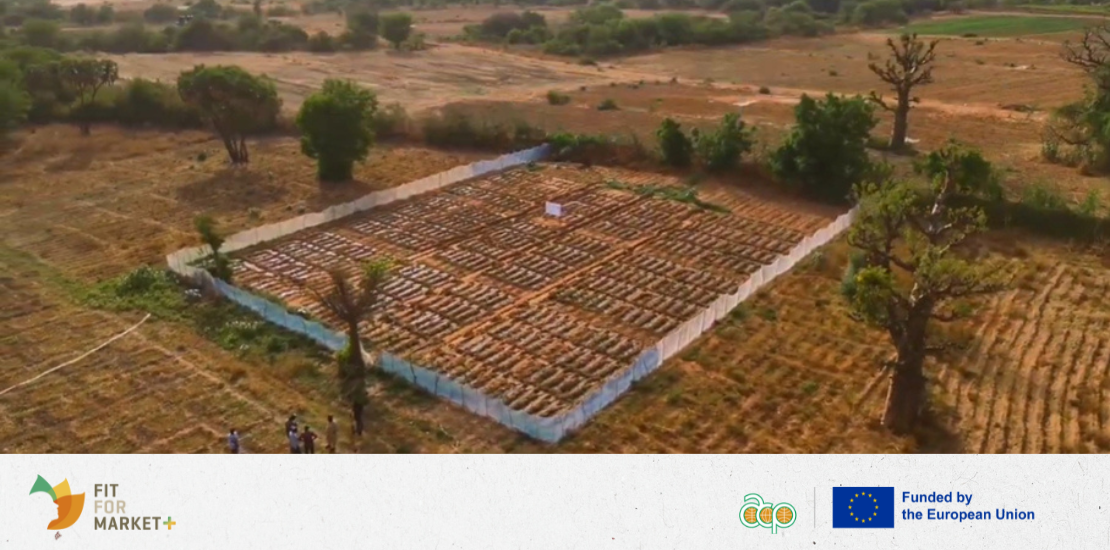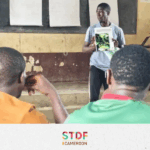- 15/07/2025
- Posted by: Sandra Borma
- Category: News

Between February and July 2025, COLEAD conducted field trials in four major tomato production zones in Kano State, Nigeria, as part of the FFM+ programme. COLEAD collaborated with Bayero University Kano (BUK) and the National Horticultural Research Institute (NIHORT) on this project. The aim of this research was to identify integrated solutions to two major challenges: heat stress, which is exacerbated by climate change, and infestations of Tuta absoluta, a highly destructive pest.
Solutions tested in the field:
The teams evaluated:
- heat-tolerant tomato varieties (Platinum F1 and TOM-H2);
- kaolin-based sun protectant to reduce the effects of heat stress;
- locally available biopesticides as an alternative control method for Tuta absoluta.
A rigorous split-plot experimental design was implemented, with 72 experimental units replicated across all sites. A detailed data collection process monitored soil characteristics, weather data, physiological responses, agronomic parameters and pest infestation levels. This provided in-depth qualitative insights into treatment dynamics.
Despite the challenging conditions (temperatures reaching 41°C and high infestation levels), these trials provided a preliminary assessment of the effectiveness of the different strategies.
Key lessons and next steps
Initial observations show that the heat-tolerant varieties outperformed the local variety and that local biopesticides produced promising results, albeit below those of conventional pesticides. In contrast, the kaolin-based sun protectants did not have a visibly significant effect under these extreme conditions.
The next steps will include detailed statistical and economic analyses, as well as a second season of trials, to refine recommendations and help farmers to secure their harvests and incomes in a sustainable way.
This activity is supported by the Fit For Market Plus (FFM+) programme, implemented by COLEAD within the Framework of Development Cooperation between the Organisation of African, Caribbean and Pacific States (OACPS) and the European Union. This publication receives financial support from the European Union and the OACPS. The content of this publication is the sole responsibility of COLEAD and can in no way be taken to reflect the views of the European Union or the OACPS.





